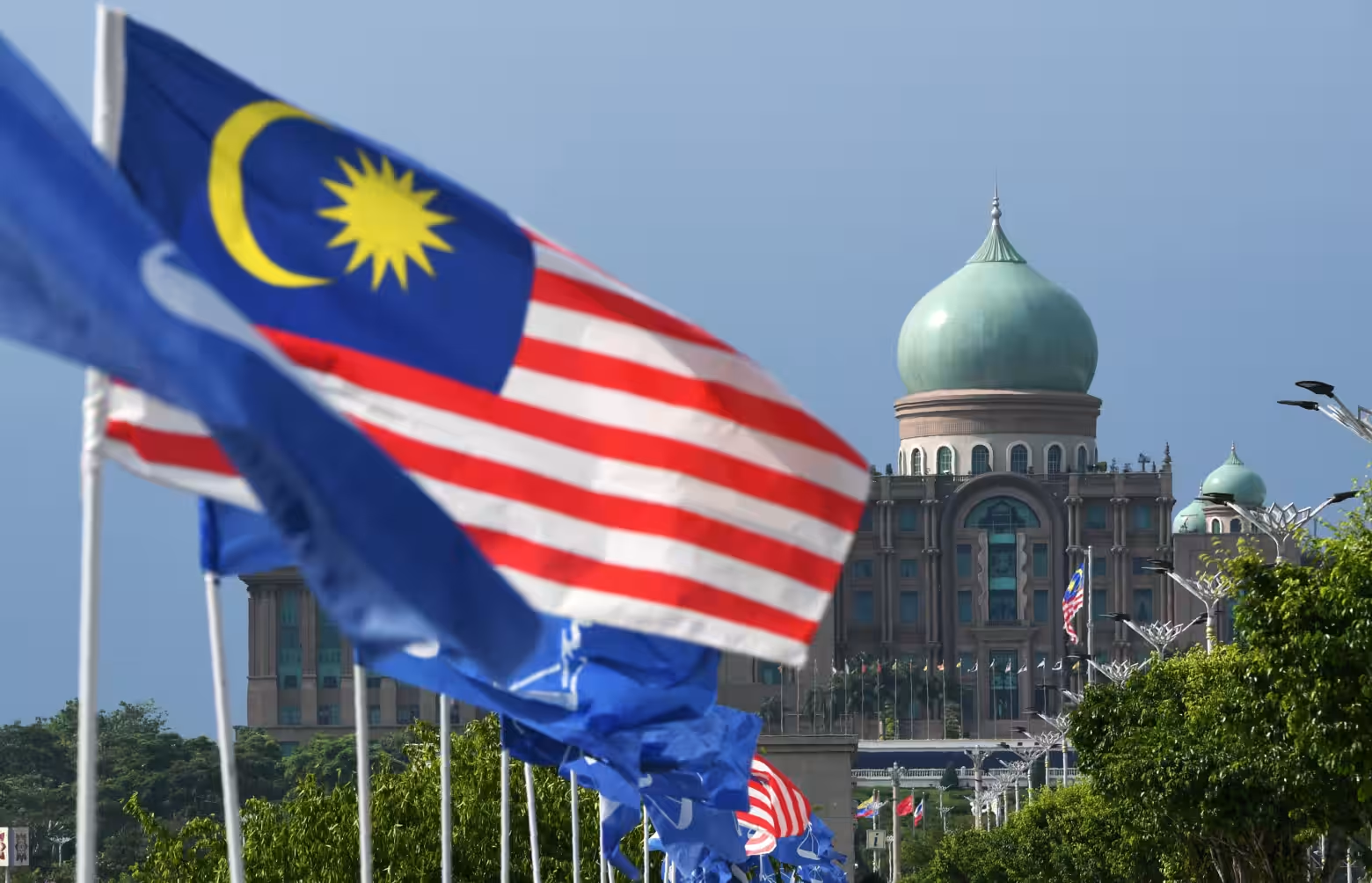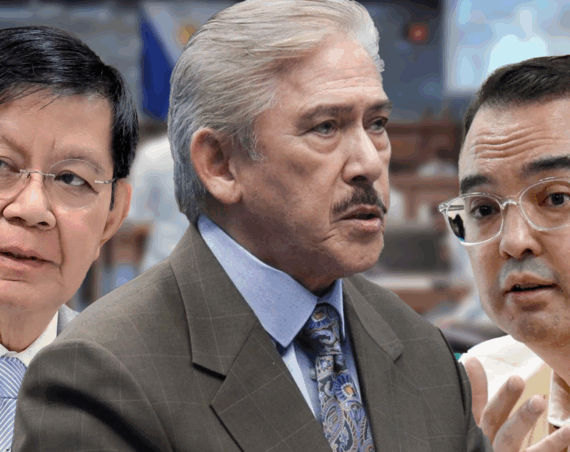Malaysia’s bold move to ban imported food at all official government events has sparked interest across Southeast Asia—especially in the Philippines, where food security and agricultural self-sufficiency remain critical priorities under President Ferdinand R. Marcos Jr.’s administration.
- Driving the News:
- Malaysian Prime Minister Anwar Ibrahim recently ordered all government agencies to stop using imported food at official functions. He framed the move as part of a broader push to promote local produce, empower Malaysian farmers, and reduce reliance on foreign goods.
- Prime Minister Anwar said that “in Laos, Vietnam and Thailand, I’ve never been served imported food at any government-hosted official event. It’s automatic for them to ensure only local food is served.”
- “If every government department follows this directive, it will create more opportunities for our farmers to supply local food ingredients,” the Malaysian Prime Minister said at a Finance Ministry assembly.
- Why it matters: Prime Minister Anwar’s directive isn’t just symbolic. It aims to:
- Create guaranteed markets for local agricultural products
- Drive demand for homegrown food
- Shift procurement habits within public institutions
- The policy also draws comparisons to food protocols in countries like Thailand, Laos, and Vietnam, where locally sourced meals are the norm at state events.
- State of play in the Philippines:
- President Marcos, who also previously served as concurrent Agriculture Secretary, has consistently emphasized supporting Filipino farmers.
- His administration has rolled out financial subsidies and fertilizer support, promoted farm mechanization and irrigation projects and called for reduced import dependency.
- But so far, no similar directive has been issued regarding the use of local-only food in Philippine government events.
- Can we do it here? In light of Malaysia’s action, agricultural groups and food advocates may begin to ask: Could a similar directive from Malacañang create institutional demand for Filipino farm products? Will the Marcos administration lead by example in its catering and procurement choices?
- Between the Lines: If implemented, such a policy could strengthen public awareness of Philippine-grown food, institutionalize support for smallholder farmers and challenge entrenched procurement norms favoring imported or commercial products.
- Bottom Line: Malaysia just turned a food policy into a statement of national pride and economic support. The Philippines, despite its push for food self-sufficiency, has yet to make a similar institutional stand. But in the eyes of farmers, perhaps it’s time.





EDITORIAL: The abuse of class suspensions has gone too far